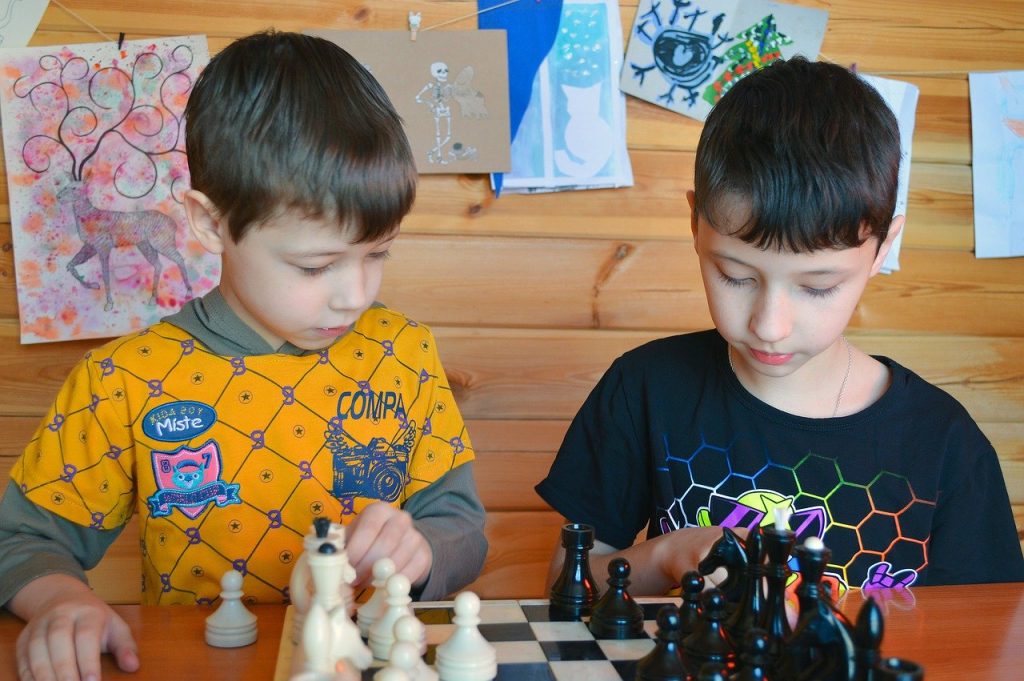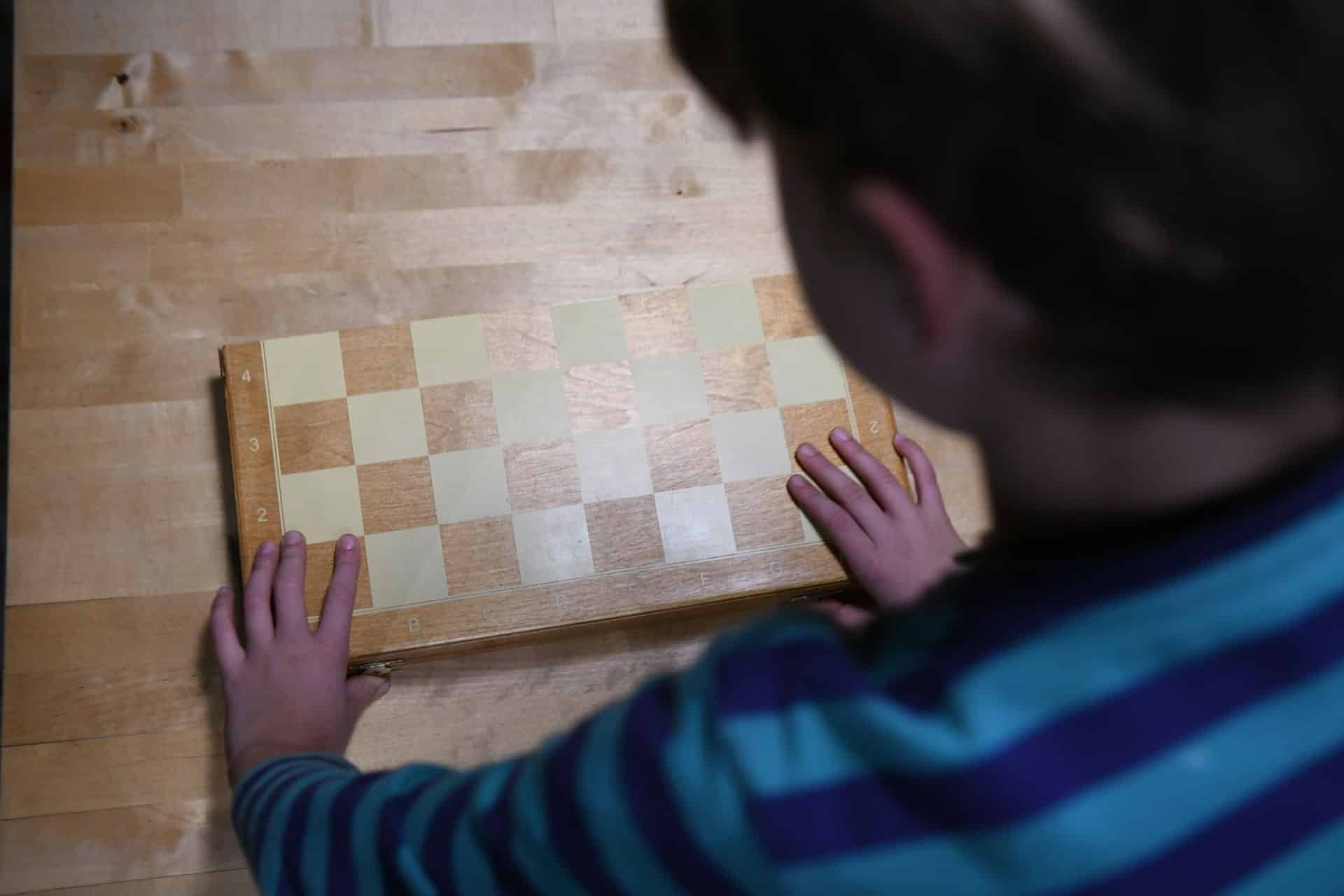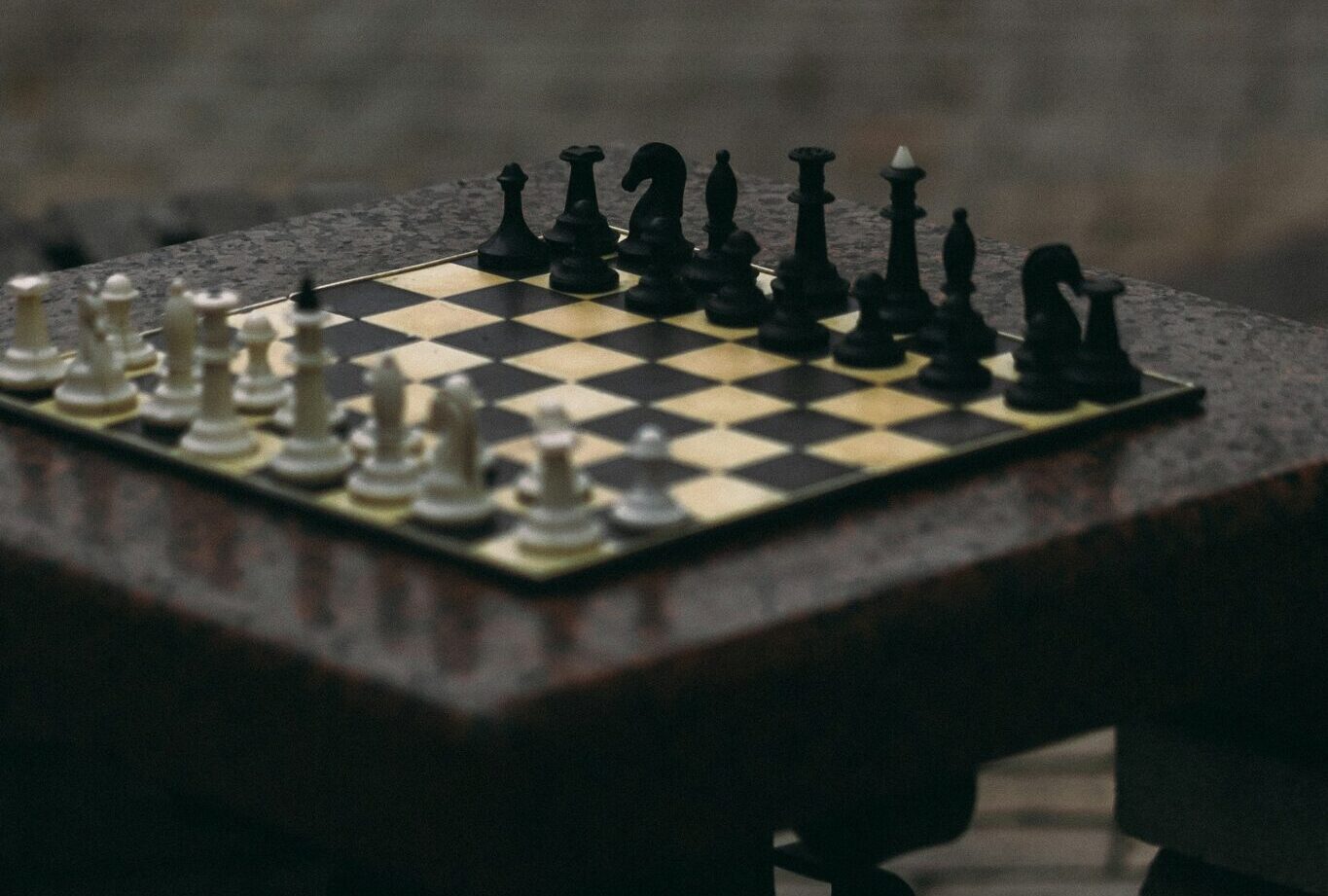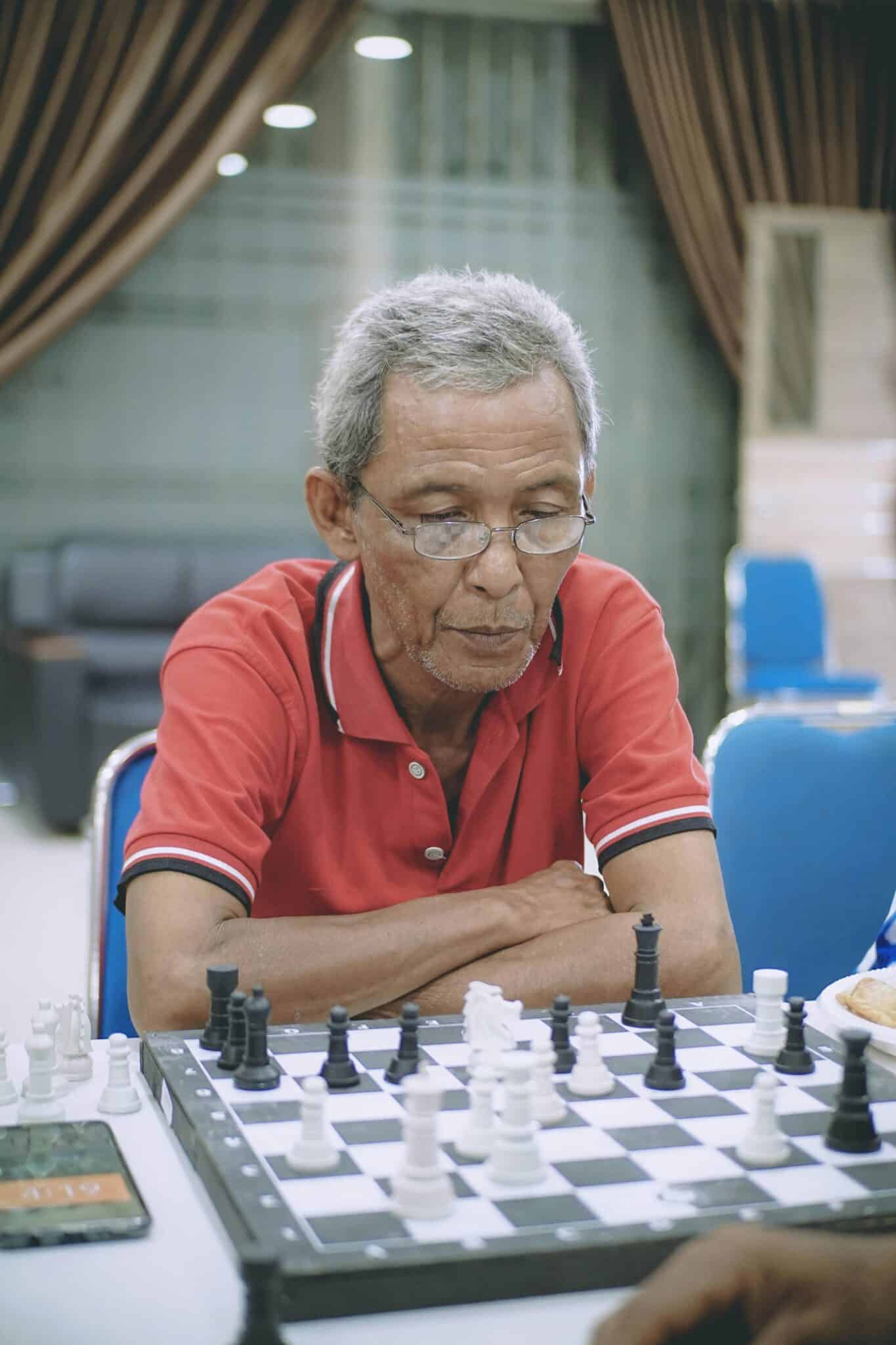Table of Contents
Effects of chess on children’s development
Chess is a game that has a good number of benefits to learn, there are many good points. People usually think of chess players as smarter or more aware of things.
Of course, this is just an exaggeration, playing chess doesn’t give superpowers, and anyone could learn the game if they want to. What chess is a discipline, and it’s true that chess actively trains both sides of the brain, left and right. This is why we could say there are good effects from chess on children's development.
You can dramatically improve in some areas of thinking with chess, like any other discipline that requires “brainpower”. Even so, that playing chess is an approved treatment for schizophrenia and other illnesses.
Helping your child to play chess is a good idea, you will learn the several effects of chess on children’s development.
Improves critical thinking and analyzing skills
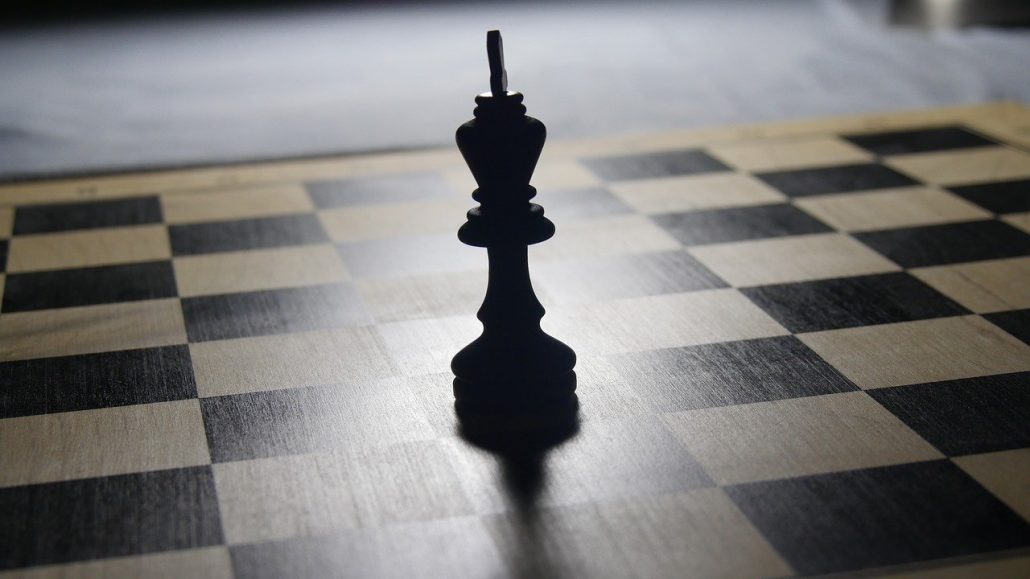
Chess involves many theoretical and practical areas, like analysis and calculation. This is the main point and is what makes chess on children's development important and so exciting and so beneficial at the same time.
The need to analyze in chess makes it a good exercise for your brain, there are several techniques that you have to strain:
- You need to use your memory to take into account every aspect of the position
- The child has to rate and give value to all these aspects he needs to keep in mind
- After that, chess players have to make a decision and decide which of these aspects has more importance over another
One of the biggest reasons why chess has good effects on children’s development: Analyzing. All of these processes are occurring in the mind of a chess player when is playing.
This is pure brainpower, you have to strain your mind and concentrate, and develop good critical thinking. The best part of it is that if you didn’t analyze correctly, you will surely get punished and lose the game.
This may not seem like good news, but actually one learns a lot more from losses than wins. This will lead children to develop an interest in knowing why they lost, and fix their mistakes.
It would not be an exaggeration to say that chess teaches people several techniques they can use in life to think rationally, a great effect of chess on children's development.
Awakens the creativeness
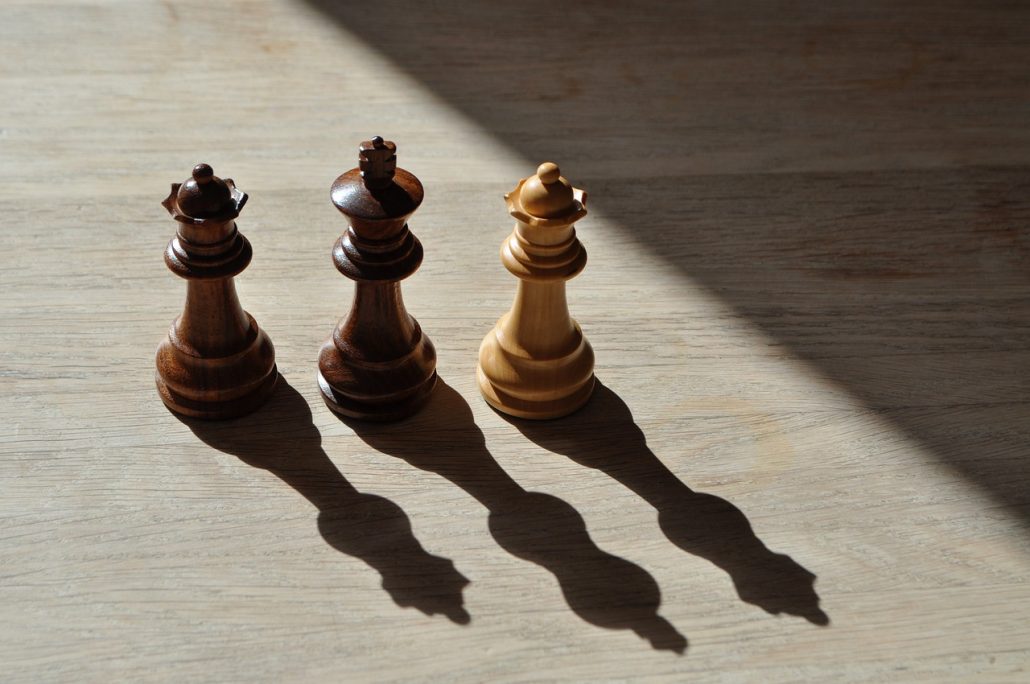
In chess you have to always create ideas, the ex-chess world champion Alexander Alekhine used to say: Chess is a battle of ideas.
There is a lot of theory in the game, and general and strategical concepts are important, but you have to create your own plan. This is where everything comes together, after making your analysis you have to create a plan of action.
The effects of chess on children’s development seem obvious, they have to analyze to define a correct plan of action. You have come up with different ideas and get the most creative part of you to create a strong plan your opponent can’t counter.
There are books, that treat especially this topic, offering key ideas and techniques to learn how to create plans. You can be surprised by the number of similarities between chess and life.
Most of these “chess techniques” can be applied in life, a little difference. Instead of choosing a chess move, you have to take an important decision about your life, that is what life is about: Taking decisions, right?
Improves children’s focus
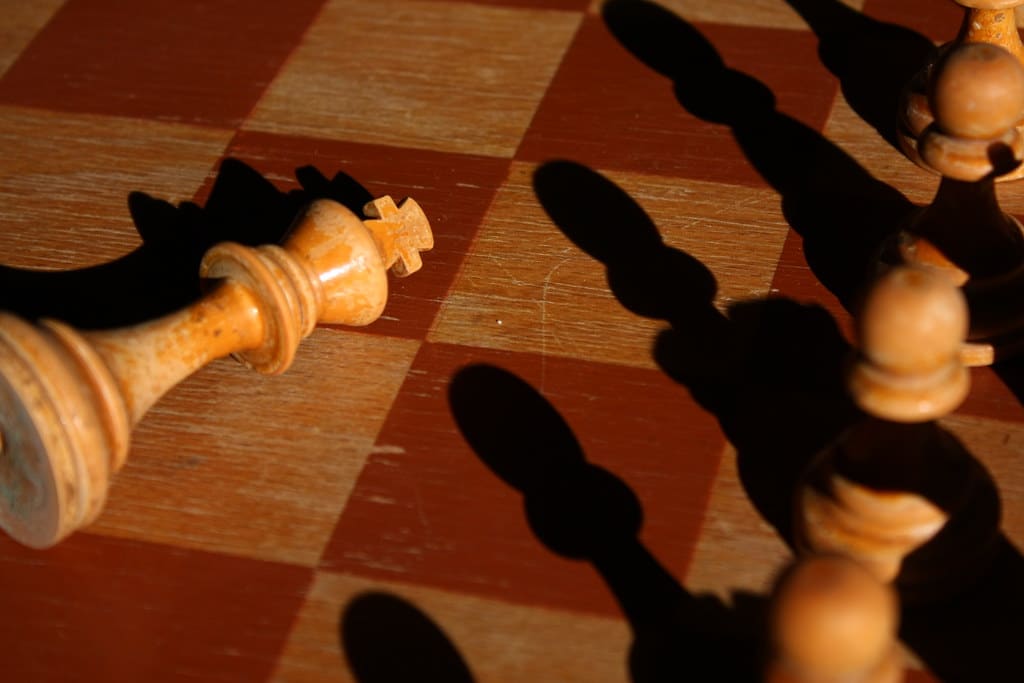
As we have said, chess is a game that requires an incredible amount of “brainpower”. This can be translated into concentration, a focus, this is the reason why chess players look like statues when they are playing!
All of this activity being processed in your brain at the same time will not let your space for anything else. Also, chess is a passion, normally, when you get into it, it will be a part of your life. It can sound a little weird, but a good effect of chess on children's development would be the responsibility they learn.
Having all of this focus in your game will give you better results, playing chess effects similar to meditation. When you get used to focusing all of your attention on one thing, you will tend to focus on something more easily.
Concentration has a lot of benefits, not just for chess, but for studying and learning other practical things. And, at the end of the day, this is practically what chess is, chess is a study, art, science, sport, and more.
Builds confidence
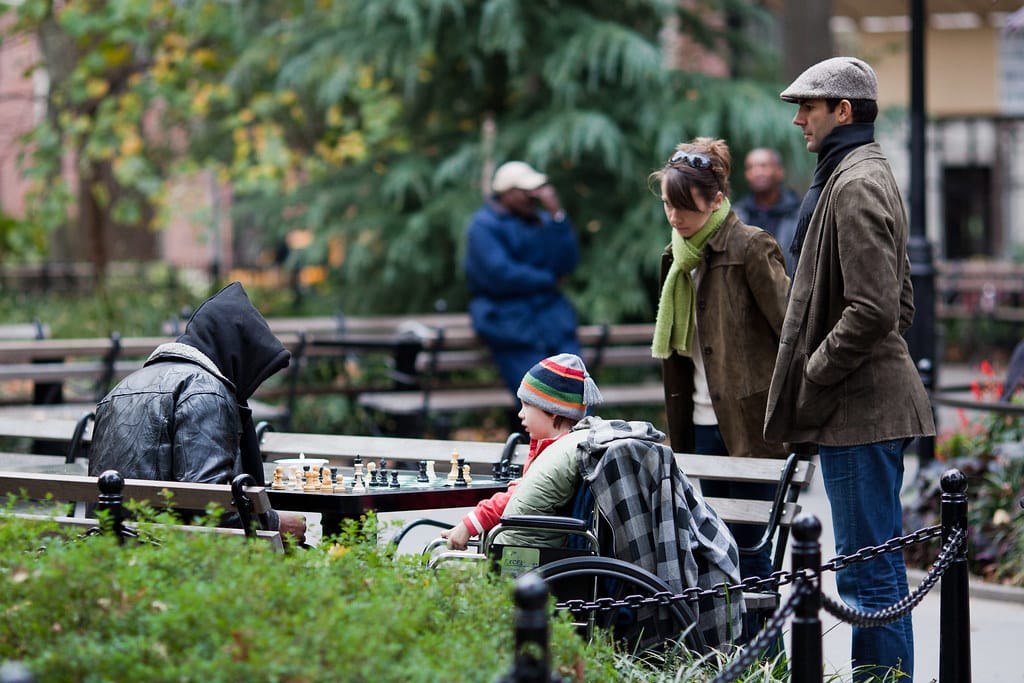
Chess has its positive effects on children’s development, because it builds confidence and trustworthiness in yourself, how? Glad you asked!
In tournament chess, you will need to decide under pressure, which will obligate you to take quick and precise decisions. Working under pressure will teach you a lot of important lessons that you can, later on, apply in life.
But when you have to decide, which move to make, and you have little time on the clock so you can’t analyze, you need to trust in your judgment. This develops an important chess skill called “intuition” that has a positive impact on everyone.
This is how chess has good effects on children’s development, building self-confidence within themselves through a fun game!
Improves the discipline of children
Chess is a sport, and like any other kid playing any sport, they always want to become better. Kids eventually realize the only way to really improve in chess is to study, constantly and with discipline.
This is why it can make people more organized, they first have to organize their environment and their thoughts.
Learning chess requires patience and surely requires parent’s support in the case of children. Letting your child into the world of chess is surely a decision you will not regret.
There are many incredible programs and courses in schools that can benefit your children and their learning skills. The ex-chess world champion Jose Raúl Capablanca thought everyone should try chess, at least one time in their lives.
You may also like:
Discover How Magnus Carlsen Became the World Champion!

